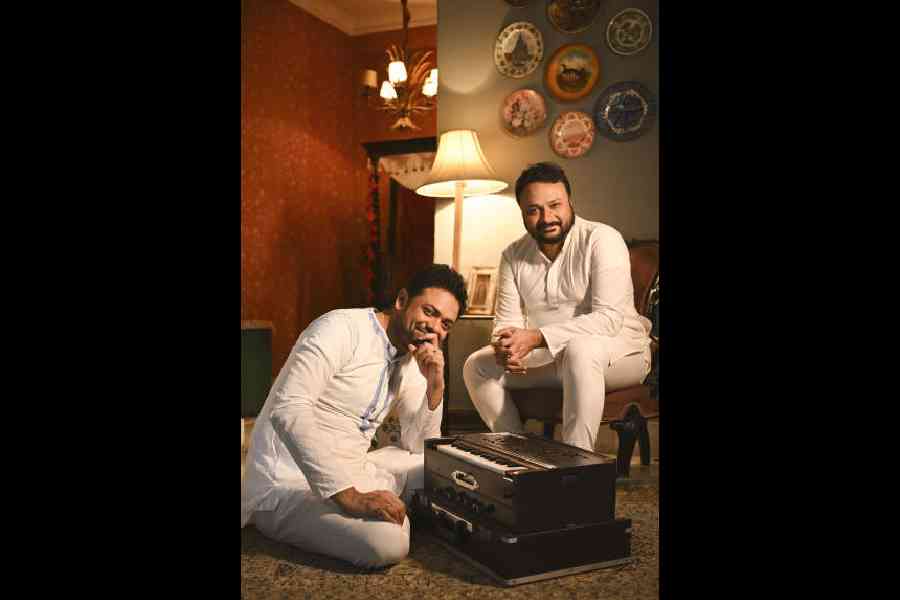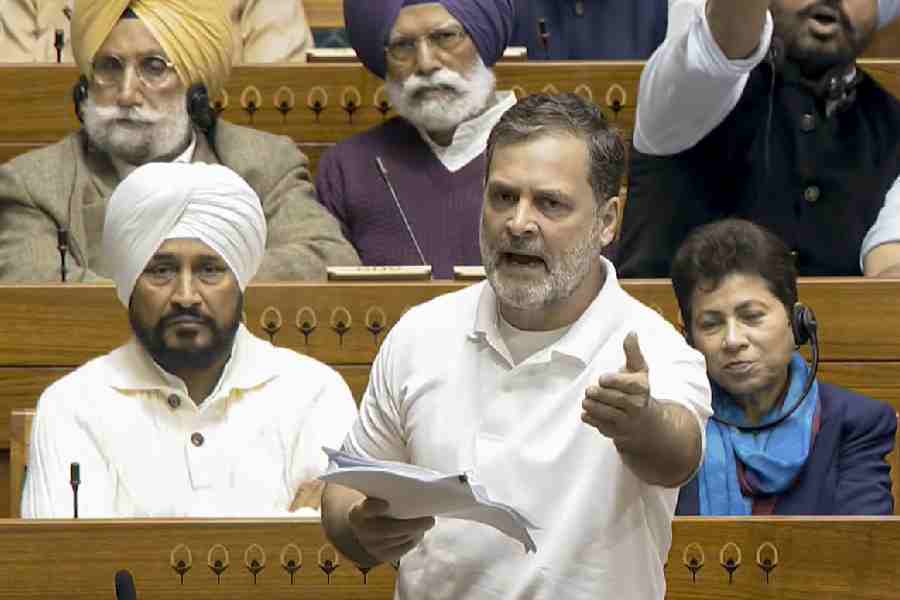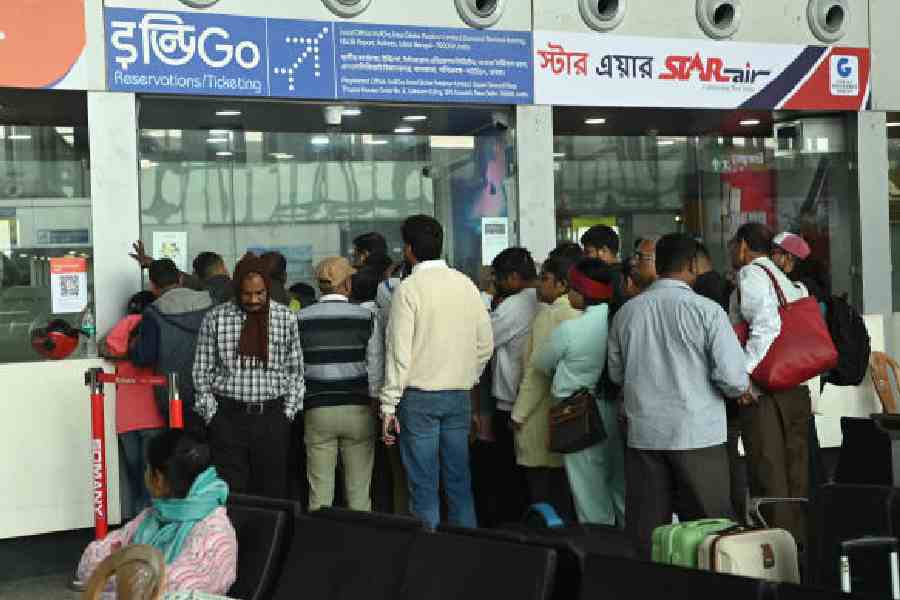Pianist Sourendro Mullick and vocalist Soumyojit Das have been gettting some great feedback for composing the music for Binodini — Ekti Natir Upakhyan, starring Rukmini Maitra. The unique soundscape has beautifully captured the pulse of the era and the essence of the characters and situations. Excerpts from a t2 chat with Sourendro and Soumyojit.
What was the brief you got from the director Ram Kamal Mukherjee?
Sourendro: He wanted to mount the film on a larger-than-life scale. Binodini was meant to present a fresh interpretation. So its music was not period specific but underlined the essence of a woman who was one of Renaissance Bengal’s most legendary characters. Ram Kamal Mukherjee also cited the grand canvases of Sanjay Leela Bhansali as an example of what he wished to create.
Soumyojit: We were told that Binodini was going to be a feature film with lots of cinematic high points and melodrama. So while its songs needed to evoke the history of that era, they should also sound appropriate for a film of its grandeur. So the brief was to capture the soundscape of colonial India and Bengal’s theatre but at the same time create music that would fit into the design of a magnum opus.
What kind of research was necessary to execute this project?
Sourendro: We listened to a lot of jatra songs and theatre music of the time. For this, we heard a lot of old radio plays to get a taste of popular jatra music of that era. What we found was that it blended Western and Indian instruments to form a strange sound referred to as the theatrical Bengali sound of the colonial period. We were surprised to find that the beginnings of what we call fusion music started in the 19th century. We were also lucky to go through the autobiography of Binodini Dasi, which impacted our work greatly.
Soumyojit: As a music duo, we are into exploring, experimenting and researching traditional music, literature and the arts. We had first got acquainted with the works of Binodini Dasi in 2011 when we were working on a stage production with Rituparno Ghosh. They consisted of letters and poetry. That got us interested and we started reading up on her as much as we could. So it felt as though we already had done our primary research long before we started work on Binodini.
Which is your favourite composition from Binodini and why?
Sourendro: Bhaisa zaibo — at the end of the film, which is an interpretation of a folk form — is closest to my heart. It sums up the journey of Binodini. It is a beautiful example of how a song can summarise her whole life as per the script, with all the twists and turns of time. Originally we had planned to use a Tagore song to bring her story to an end but this original score, first drafted by Ram Da and then composed by us, gave us the right kind of conclusion to the film that allows its audience to interpret the whole story in their own way.
Soumyojit: I don’t know if I can zero in on one, but Kanha was loved by all since we started working on the scratch music. But for me, it is Aaji boroshar raate — not just because I sang the song but also because it is an original composition where we had to imagine a song from the late 19th century. Bhaisa zaibo by Rekha Bhardwaj is another song that is also very close to our hearts. It was tricky because it was meant to sum up Binodini’s entire life story. Since we wanted it to be very earthy and rooted, we listened to a lot of bhatiali and bhavaiya, and then came up with this song. The signature touches of Sourendro-Soumyojit in the BGM of the film are also special to me.
What was the most satisfying takeaway from this experience?
Sourendro: To me a motion picture encapsulates the vision of all those who work on it, but under the captaincy of the director. While working on Binodini, everyone, including the editor, the director of photography, the production guys, and us as music directors, were in complete synchronisation with the thoughts of the director, and all of it was done selflessly. So my most important takeaway was about learning how to work as a team and to see a project, or in this case a movie, from the perspective of many thoughts but with one captain.
Soumyojit: It was an experience that allowed us to understand the importance of sound design and direction for a film. We are grateful to Ram Da for sitting with us through our process so that our music would be in sync with his vision. We got complete liberty to choose instruments that would express the scope of particular situations. Another important factor would be that we were given a lot of time to think, compose, rethink and then finally come up with the most suitable sound for a song or a situation. So what we value from the experience is also the friendship we could develop with the director and the production team. Last but not least is the opportunity it gave us to collaborate with Shreya Ghoshal (for the song Kanha).
Any other Tollywood projects in the pipeline for you?
Sourendro: We had worked on a film called Parapaar (2014) that had several songs by Ashaji (Asha Bhosle) and Papon and we also won a few awards for it. After the success of Binodini, many have approached us with their stories. There have been a few proposals but we want to wait for the right opportunity, or a right movie like Binodini which gave us the scope to express our musical ideas. There are other scripts by Ram Kamal Mukherjee to which we will respond soon. There is another interesting work, a voiceless film with an indigenous story by a young director, which we are very keen to work upon.
Soumyojit: Though we do not restrict our work within one industry, the music we have created for Binodini has definitely allowed us to challenge our creative range. At the moment, though talks are on for a couple of films... it would be best to wait and watch. All I can say is that Ram Kamal Mukherjee’s forthcoming films will also have us. In the meantime, we are excited to exhibit a wider range of Sourendro-Soumyojit’s music.










